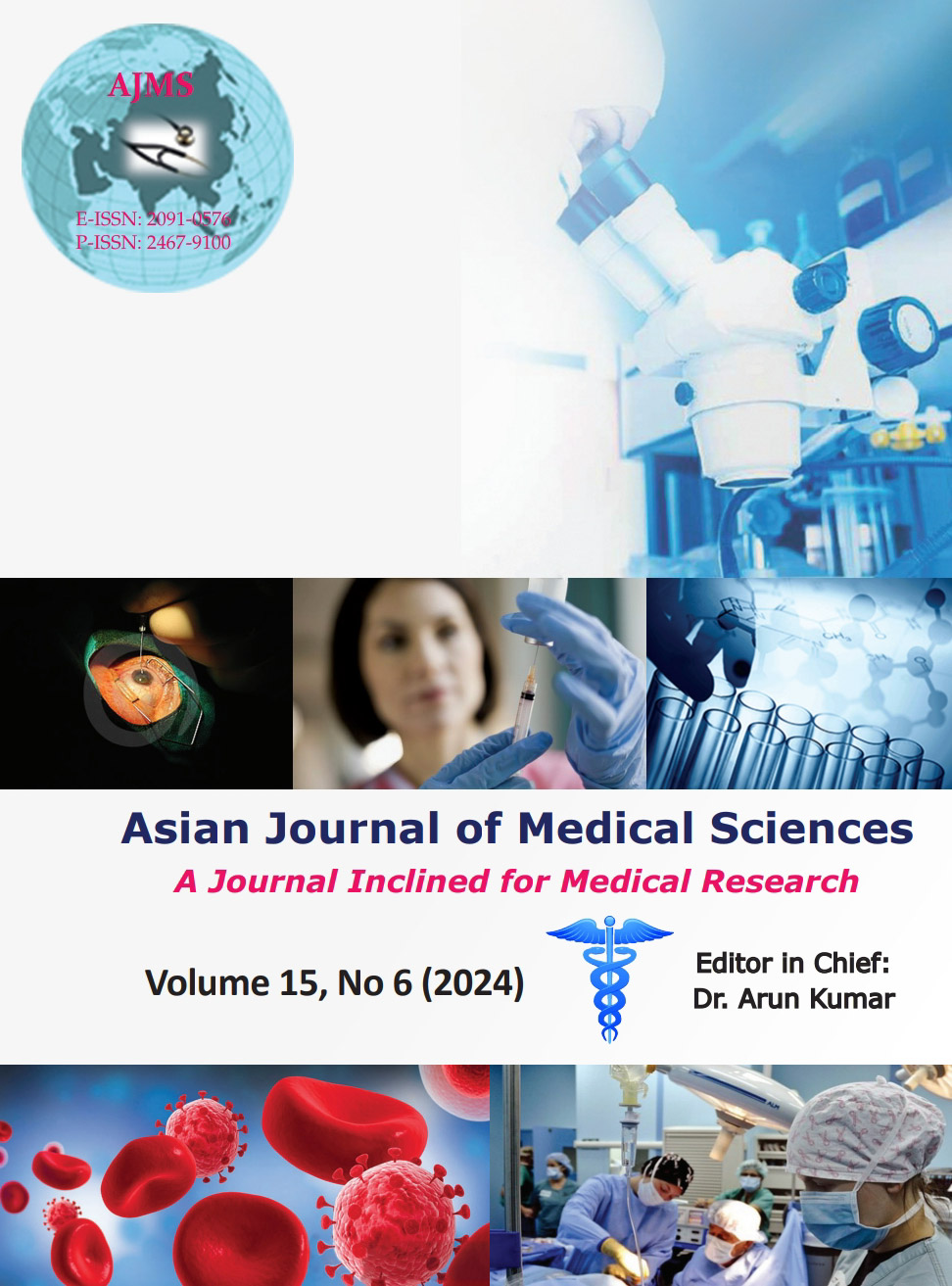Navigating the transition: Implementing competency-based medical education in medical curriculum in India
Keywords:
Competency-based medical education; Medical curriculum; India; Transition; Challenges; OpportunitiesAbstract
The road to implementation of competency-based medical education (CBME) in the medical curriculum in India has both challenges and windows of opportunities in its folds. The hindrances identified were reluctance to change, capacity building of faculties, lack of infrastructural support, and methods of assessment. Notwithstanding, CBME has the potential to ensure that the Indian medical graduates are equipped with better clinical skills, and learner-centric education, that aligns well with individual competence, and community healthcare needs. Effective navigation through this transition calls for collaborative efforts among academicians, regulatory bodies, and related stakeholders while drawing from relevant successful models of our country itself. It is imperative to address the challenges concerning capacity building of faculties, resource allocation, and assessment methodology for successful implementation. Given appropriate adoption, the CBME-based curriculum can go a long way to deliver quality healthcare.
Downloads
Downloads
Published
How to Cite
Issue
Section
License
Copyright (c) 2024 Asian Journal of Medical Sciences

This work is licensed under a Creative Commons Attribution-NonCommercial 4.0 International License.
Authors who publish with this journal agree to the following terms:
- The journal holds copyright and publishes the work under a Creative Commons CC-BY-NC license that permits use, distribution and reprduction in any medium, provided the original work is properly cited and is not used for commercial purposes. The journal should be recognised as the original publisher of this work.
- Authors are able to enter into separate, additional contractual arrangements for the non-exclusive distribution of the journal's published version of the work (e.g., post it to an institutional repository or publish it in a book), with an acknowledgement of its initial publication in this journal.
- Authors are permitted and encouraged to post their work online (e.g., in institutional repositories or on their website) prior to and during the submission process, as it can lead to productive exchanges, as well as earlier and greater citation of published work (See The Effect of Open Access).




